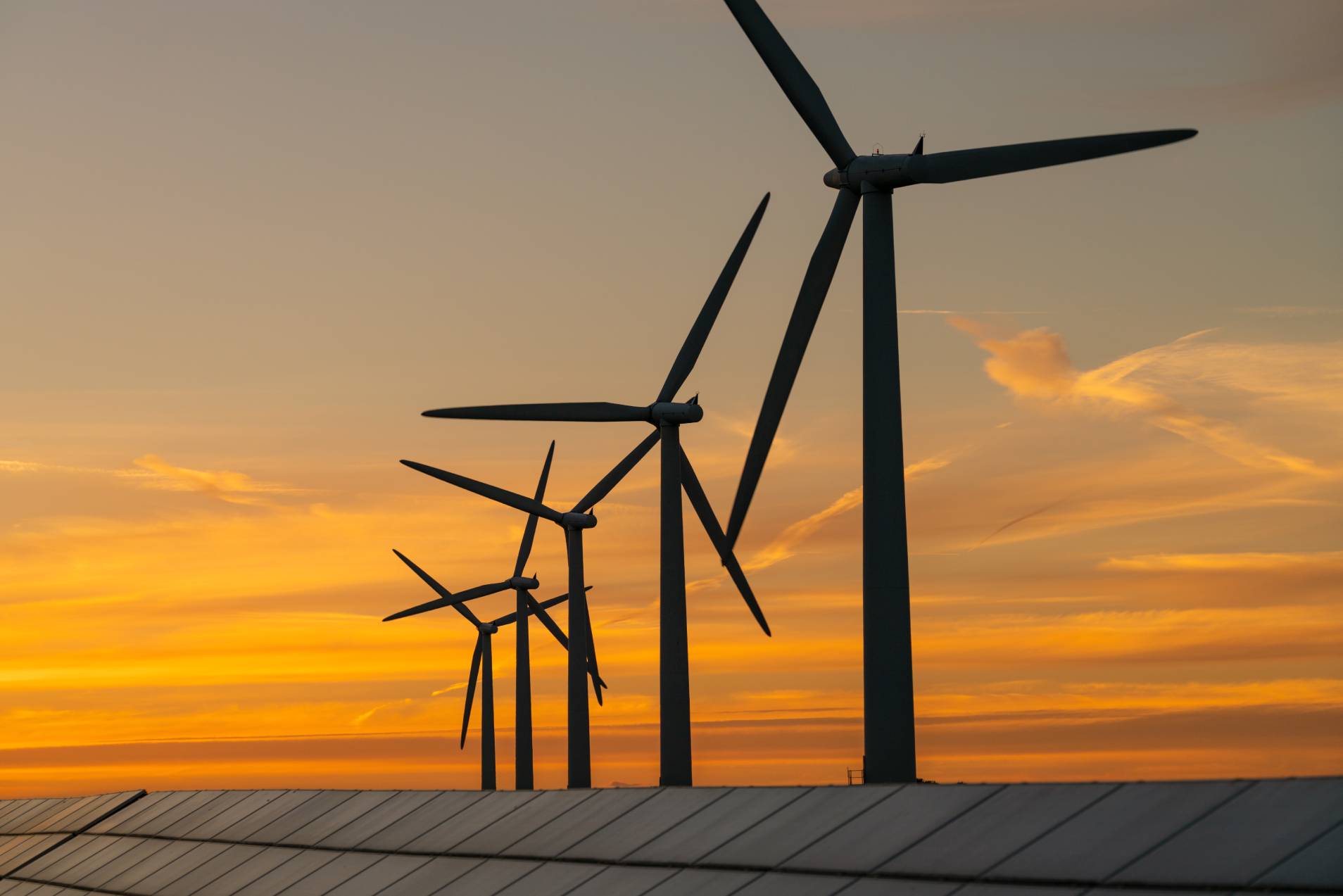Take These 5 Actions to Prioritize Low-carbon Solar

With increasing popularity and decreasing costs, solar photovoltaic (PV) installations are projected to triple by the end of the decade. A greener grid and more jobs sound like great news. However, while solar power produces clean energy, not all solar power is produced by clean energy. Due in large part to the electricity sources for manufacturing solar PV, some modules are twice as carbon-intensive as others.
Large energy customers and their partners can take proactive steps to raise the industry standard by prioritizing low-carbon solar in their energy procurement. Doing so could avoid 14-18 gigatons of manufacturing emissions over the next 20 years.
So how can we do that?
The Clean Energy Buyers Institute’s Decarbonizing Industrial Supply Chains Energy (DISC-e) program has identified five actions in the recently published Low-carbon Solar Primer:
- Ask for environmental product declarations (EPDs) or life cycle assessments (LCAs)
Ask your solar PV supplier for information about the embodied carbon and other environmental attributions of the equipment being employed in projects. Asking the question can have a ripple effect in the supply chain and, as EPDs and LCAs become more readily available, the information can feed databases to improve procurement decision making strategies for the broader industry.
- Update language in your request for proposal (RFP) or project specifications
Use RFPs and product specifications to inform suppliers of your priorities to strengthen your ask for low-carbon solar. As multiple parties respond to RFPs, these requests can extend to a wide audience across the industry sending a clear message on the demand for low-carbon solar.
- Make a public statement
Public statements not only inform the general market on valuable business decisions, but they also demonstrate a company’s leadership towards a zero-carbon future.
- Join a coalition
A unified demand-signal from multiple energy customers increases the likelihood of key supply chain stakeholders receiving the message for market wide company preferences. The Clean Energy Buyers Institute’s Decarbonizing Industrial Supply Chain Energy (DISC-e) program has launched a Low-carbon Solar Community of Practice comprised of energy customers and other solar supply chain stakeholders committed to the decarbonization of the solar PV supply chain.
- Develop a deeper understanding
Use available training and educational resources to further enhance your understanding and ability to make informed business decisions. Speak with peer organizations that also seek impact from renewable energy transactions to increase your understanding of current best practices.
To learn more, we encourage you to dive into the Low-carbon Solar Primer, join DISC-e’s Low-carbon Solar Community of Practice, or reach out to the DISC-e team directly with any questions.
